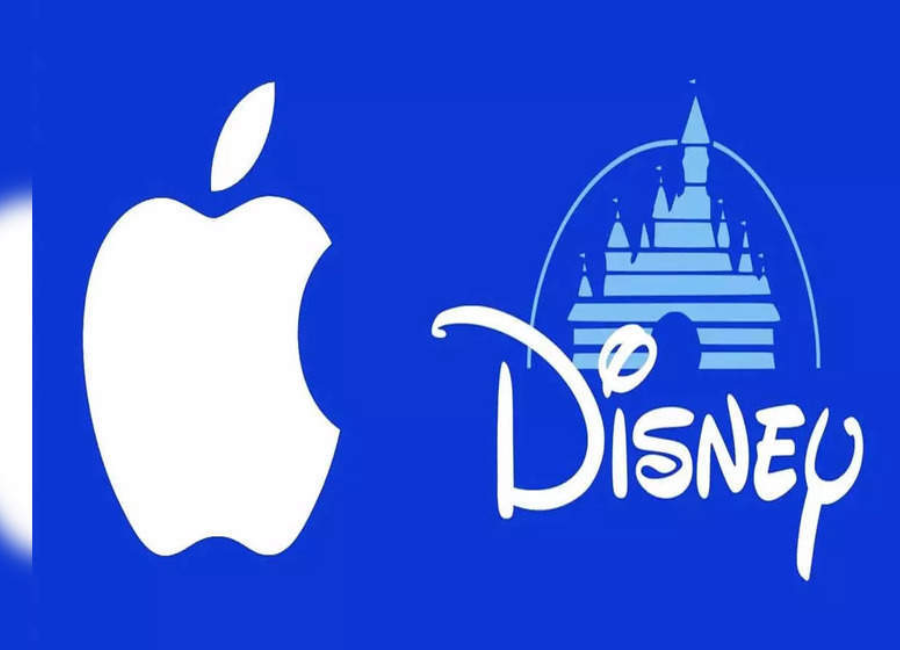The US Securities and Exchange Commission (SEC) has rejected requests from both Apple and Disney to exclude shareholder votes concerning their use of artificial intelligence (AI) from their upcoming annual meetings. The SEC’s decision, outlined in notices dated January 3, follows requests by both companies to exclude calls for reports on their AI usage from their upcoming annual meetings.
The shareholder proposals were filed by a pension trust of the AFL-CIO, the largest American labor union federation. The aim of these proposals is to obtain transparency and ethical guidelines from Apple and Disney regarding their utilization of AI. It’s worth noting that the labor group has similar AI-related measures pending at four other technology companies.
In the case of Apple, the AFL-CIO requested a report on the company’s use of AI in its business operations. Additionally, the labor group urged Apple to disclose any ethical guidelines adopted by the company concerning AI technology. For Disney, the group asked the company to report on its board’s oversight role in managing AI usage.

The supporting statement for Apple by the AFL-CIO emphasized that AI systems should not be trained on copyrighted works or the intellectual properties of professional performers without transparency, consent, and fair compensation to creators and rights holders.
The SEC’s decision could potentially lead to agreements between the labor group and Apple and Disney, aligning them with the AI disclosures of other companies such as Microsoft. Brandon Rees, deputy director of the AFL-CIO’s office of investment, noted that Apple and Disney have yet to address the ethical concerns surrounding AI, in contrast to their counterparts.
Apple and Disney argued that the proposals were related to ordinary business operations, including the company’s choice of technologies. However, the SEC disagreed, stating in separate letters that the proposals transcended ordinary business matters and did not seek to micromanage the companies.
The AFL-CIO’s efforts reflect growing concerns and calls for accountability and transparency in AI practices within major corporations. As the use of AI in corporate operations continues to grow, ethical considerations, potential job displacement, and the impact on various stakeholders have become central points of discussion.
The decision by the SEC not to exclude shareholder votes on AI-related matters indicates a shift in the corporate landscape. Shareholders are increasingly recognizing the importance of understanding and overseeing how companies navigate the ethical and operational challenges posed by AI technologies.
As AI technology continues to evolve and integrate into various industries, companies are likely to face more scrutiny from shareholders and regulatory bodies regarding the responsible and ethical use of AI. The SEC’s stance in this case reinforces the notion that discussions around AI governance and ethical considerations are becoming integral components of corporate governance.
In conclusion, the SEC’s decision underscores the growing significance of transparency and ethical guidelines in AI practices. It signals a broader trend where stakeholders, including shareholders, are actively seeking insight into how companies manage and deploy AI technologies in their operations. As AI becomes more pervasive, companies are expected to engage in more transparent and ethical practices to address the concerns of various stakeholders.







